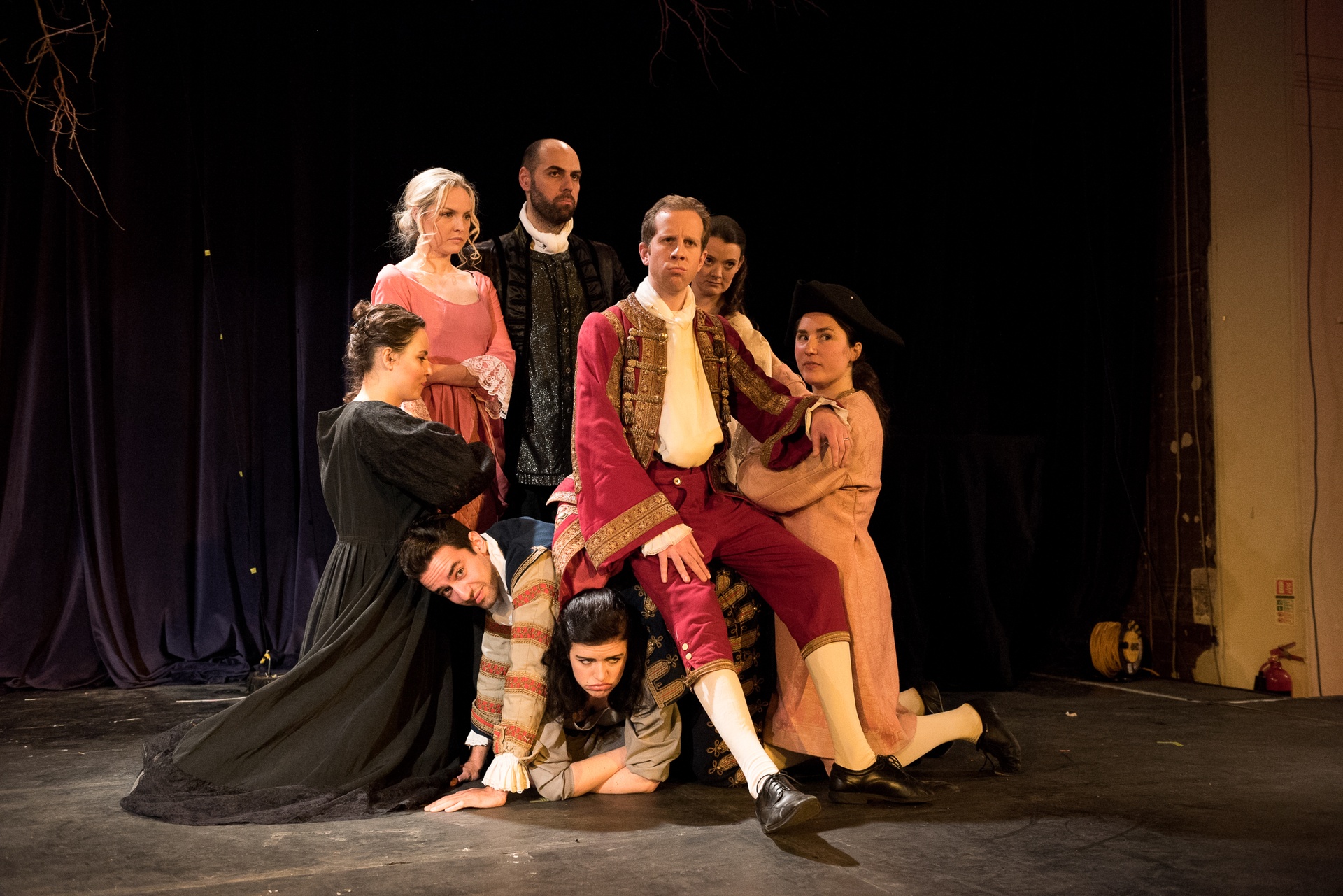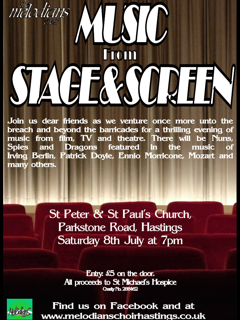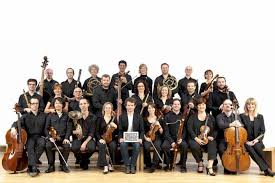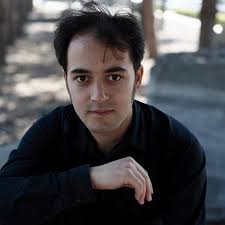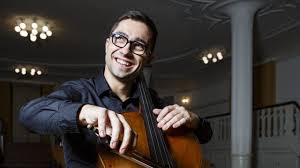Ombre Amene
Gabriella di Laccio, soprano; James Akers, guitar
DRAMA MUSICA DRAMA 002
This is a fine combination of pieces which will be unknown to all but the most diligent of connoisseurs. Mauro Giuliani and Fernando Sor were writing at the turn of the nineteenth century and both are here represented by song settings and solo works for guitar. Sor’s Etude 17 is particularly pleasing but is only marginally ahead of the settings themselves. James Akers is a fine exponent of both the solo guitar items and the accompaniments.
Soprano Gabriella di Laccio is more of an acquired taste. She specialises in Baroque music, and her finely honed high soprano, with its rapid vibrato, often makes for edgy attack and a tension which is fully in keeping with the text even if it is not as mellifluous as we would expect from a more romantic approach.
First Drop
Ars Nova Copenhagen, Paul Hillier
CANTALOUPE MUSIC CA 21127
The CD opens with an unaccompanied setting of Rise up my love by Howard Skempton. It is a disarmingly welcoming introduction to a cd which ranges widely from the intensity of Gordon’s he saw a skull to a vocal arrangement of Steve Reich’s Clapping Music for voices – both superbly done. Alongside these are works by Terry Riley, David Lang and Kevin Volans. Worth seeking out.
Verdi: Un Ballo in Maschera
Royal Opera House, Claudio Abbado
OPUS ARTE OA 1236 D
This recording dates from 1975 but I doubt if there are any currently available to match its musical impact and beauty. The production by Otto Schenk may seem dated – how often do we get sets and costumes close to those imagined by the composer? – but it still works well and if only for Placido Domingo the work is well work adding to your collection.
Rachmaninov: Rare Piano Transcriptions
Julia Severus, piano
NAXOS 8.573468
These are fascinating items. Rachmaninov was responsible for transcribing his own works – as well as laying down many of them for player pianos where we can hear the composer himself performing his own works. Here we have twenty-two pieces, plus the longer Suite in D minor which only came to light a few years ago. Julia Severus is a convincing soloist with real romantic flair.
Strauss in St Petersburg
Estonian National Symphony Orchestra, Neeme Jarvi
CHANDOS CHAN 10937
There are so many Strauss recordings to choose from, how is a new one to make an impact? Well this does, simply by bringing together works performed while Johann II was in St Petersburg. This includes a single work by Olga Smirnitskaya – Erste Liebe – if only to show that Russian composers were very aware of the Viennese influence! A fine disc and one which had an innate sense of Straussian rhythm without pulling it all over the place – as too many do these days.
Maestro Corelli’s Violins
Collegium Musicum 90, Simon Standage
CHACONNE CHAN 0818
Six concerti by six different contemporaries of Corelli , all giving a strong indication of the wealth of music still to be discovered from the early eighteenth century. Beautifully played and worth the indulgence even if you think you know the period well already.
Bruckner: Symphony No2
Mozarteumorchester, Ivor Bolton
OEHMS OC 447
This is a live recording from Salzburg made in October 2015. Bruckner regularly revised his symphonies and the second exists in at least four versions. This is the earliest, and longest, and as such represents the composer’s own approach to the work before any critics had had any influence over him. Far more rarely heard than the later symphonies, it is still a splendid work in its own right and the recording brings us the immediacy and impact of the composer’s creative genius.
Schubert: String Quartet in G major; String Quartet in C minor Quartettsatz
Doric String Quartet
CHANDOS CHAN 10931
The recording opens with the more familiar Quartettsatz in a muscular, exciting reading. The lesser known Op post 161 has an altogether different level of intensity, very much post-Beethoven in its architecture and dynamics. It is also one of the longest when given its proper length as it is here. This is a fine twin to the earlier release of the quartets based on Rosamunde and Death and the Maiden.
In the stream of life; songs by Sibelius
Gerald Finley, Bergen Philharmonic Orchestra, Edward Gardner
CHANDOS CHAN CHSA 5178
There are so many good things on this cd it is difficult to know where to start. Pohjola’s Daughter and The Oceanides are familiar but given exemplary performances. Alongside these we have the premiere recording of In the stream of life, challenging in its immediacy and even today unexpected in its intensity. With this come seven less familiar song settings and the Op42 Romance. Edward Gardner has produced some very memorable recordings with the Bergen Phil but this has to be one of the best.
Guitarra Mia; Tangos by Gardel and Piazzolla
Franz Halasz, guitar
BIS 2165
Not only does this bring the music of Carlos Gardel and Astor Piazzolla to a wider audience, with beautifully phrased performances throughout, but it leads us – for those like myself with little background in the Tango – to extensive video clips from the films Gardel made in the 1930s. Both well worth investigating.

